Institutional investor demand is driving the agenda for corporate reporting. No longer is it sufficient to boast of sufficient profit to increase shareholder dividend, regulators now want you to also demonstrate ‘sustainable benefits for the economy, environment and society’ as well. Is this feasible or will the task be handed to a PR agency to provide emollient copy of suitable sentiment? Is responsible stewardship really important to boards or is it still really all about the numbers?
Most manufacturing and all extractive industries cause some environmental damage by their very nature, so talk of saving the planet must surely be tokenism? Yes they create jobs and provide employment to benefit the economy and society, so it is just the environment that suffers. But climate change is real and here now, Extinction Rebellion is the voice of the next generation who will inherit our legacy of reckless exploitation: they have radical views on sustainability and ethics.
To them, ESG is more than a box-ticking exercise in corporate reporting, it represents a shift in perception about what a business or company exists to do. They believe in ‘Evergreen’ companies that put purpose before profit and consider the impact on all stakeholders, including future generations. There is a growing belief in a shift towards ‘steward-ownership’, people who act beyond self-interest to enable a company to manifest its purpose. This requires a change in how we see value: this is not what company can be sold for, but who it actually benefits over time.
This long term view has been called the ‘Infinite Game’ but it is real. Many businesses seeking investors fail to scrutinize the aims of the investor. Many new entrepreneurs are wary of venture capitalist or private equity investors who only want to make a speedy exit. They don’t necessarily believe in the business, they just see an opportunity to make money in the short term. Even the world’s biggest pension fund, GPIF of Japan, has decided to stop trading with short-sellers. The CIO said: ‘This is decision between making cash immediately and being better stewards’.
The clamour for ESG reporting from investors is a ‘conscience call’ much like the creation of ethical investment funds was thirty years ago. Back then industry sectors like pharmaceutical, armament and alcohol manufacturers were excluded from ethical funds. It enabled investing institutions to claim their hands were clean, and that they were making ‘ethical’ investments. Today the same sensitivity will lead to the ESG consideration becoming a ‘must-have’ element. Already there are agencies offering to distinguish the genuine adherents from the dubious who use ‘green-wash’.To some extent the demand for ESG reporting is an investment fashion that will be surpassed by another more pressing one. It does however offer the opportunity for the owner or corporate board to reflect on the purpose of the organisation, and what stewardship means. Does the business exist to reward shareholders or does it exist to benefit wider society? How can it serve more stakeholders and still be a viable business? Stewardship is an interesting concept, it encourages a long-term view encompassing inheritance and legacy……not to mention reputation!

